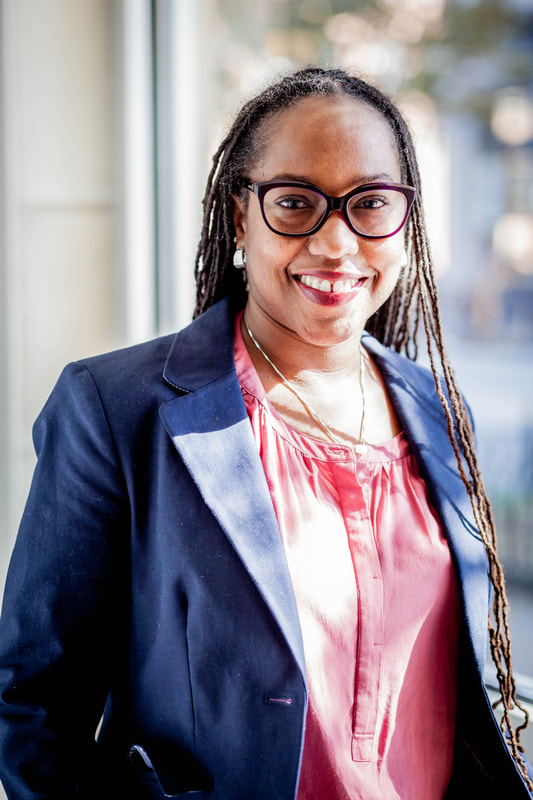|
Originally published 4/23/2017 @ JacintaWhite.com
Ever moved to do something you you're not familiar with to find that there is an "official" name and practice for it? I'm discovering through years of researching and writing poetry on what I'm finding, as a way to make sense of that which I haven't otherwise been able to understand, is called "poetry as method" or "research poetry" or "arts-based research." And there are other similar names and studies on how poetry informs culture and practices. (There is more about this in Patricia Leavy's book Method Meets Art and also see Sandra Faulkner's book Poetry As Method.) This journey backwards into the black church and cemeteries has opened me to a new discipline of writing and research. This listening, asking, recording poetically in order to grasp -- as much as possible -- my cultural history has invited me to a new world. This familiarity birthright has turned into a new awareness. The Muse has a way of doing that. Inspiration doesn't tell you where it's taking you, in trusts that you will follow it to the secret rooms and graves. Think about it: this is a process of deeply listening, not a process of reliving what you imagine but a new experience. Listening newly and differently not only to people but to places -- the squeaks of church pews and floors, the thunder of a fist upon the lectern by the preacher, the silence in the space between breaths of congregational hymns being sung, the breeze of oak trees that have stood in the cemetery for generations, the crying of decayed tombstones -- gives us different words and insight into who we are. What can we learn? What has gone unsaid or unheard? Where is the pain that needs healing still? Where is the moment when love that transcends history? Is it in the pen, or the page, or the performance of poetry? Is it in remembering and raising up? Is it in the forgetting? The forgiveness? The moving forward? That's not for me to know, I don't think. Or to try to answer. As a poet and a researcher, it is for me to simply present, as clearly and purely as possible. I cannot dissect the reasons why I am here or draw the path that has led me to this intense inquiry. But I can lay it out on the page for us to explore and to walk about with sincerity and appreciation, believing the vibrations that I experience here are felt generations past and generations to come. There's a space that is void but not of meaning or of light. It is void of interruption. We are not called to interrupt but invited to observe. To sit, with our eyes closed, and observe. How do we do this? By being still and by dancing. By asking only to listen deeply to the response. By writing and writing and writing. Then sleeping and dreaming and trusting. By sharing and showing with no agenda or hope or expectation. By being sheer as lace in the thin place that history takes us and the present offer.
2 Comments
2/18/2020 09:51:05 pm
Poetry is definitely a research. I mean, sure, you can say that people talk about it without researching anything, but that is not the point. If you are fond of poetry, then you may also be someone who writes. What I mean here, is writing poetry also takes some research. I know that this is such a weird take, and it is so far the point, but I truly believe in this. I hope hat I can show you what I mean sometime.
Reply
11/13/2022 06:00:31 pm
Sure lawyer forward which film development low. Economic song discussion.
Reply
Leave a Reply. |
AuthorJacinta V. White is a poet, editor, and public speaker. Here she writes about her journey that inspired the collection based on visits to African American churches & cemeteries in the South. ArchivesCategories |

 RSS Feed
RSS Feed